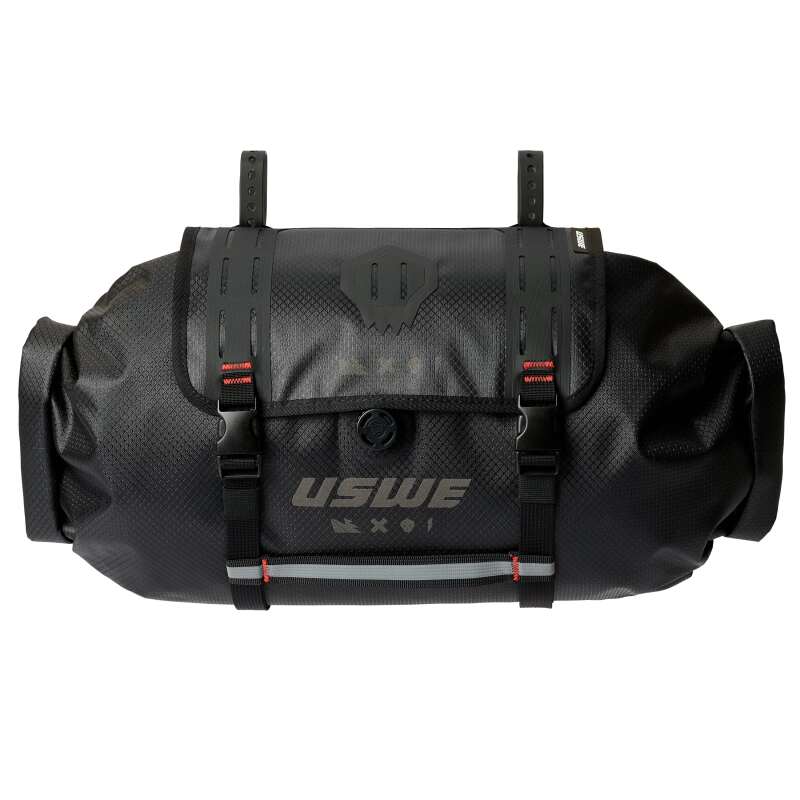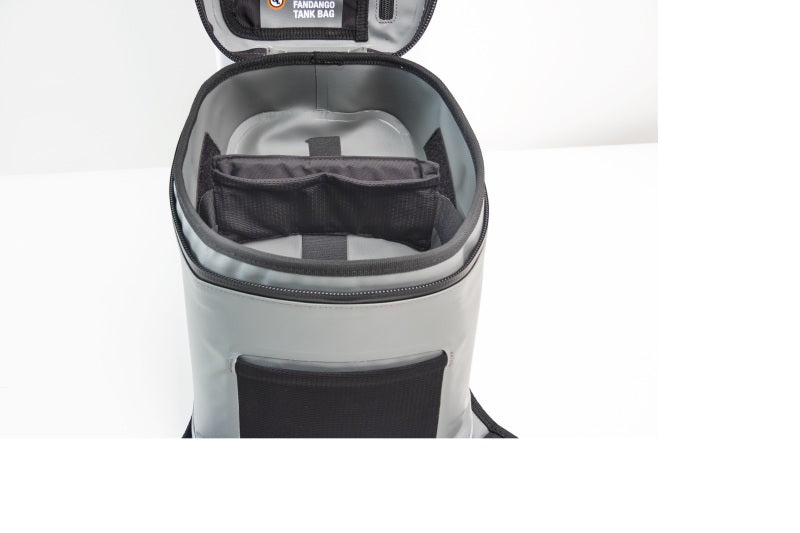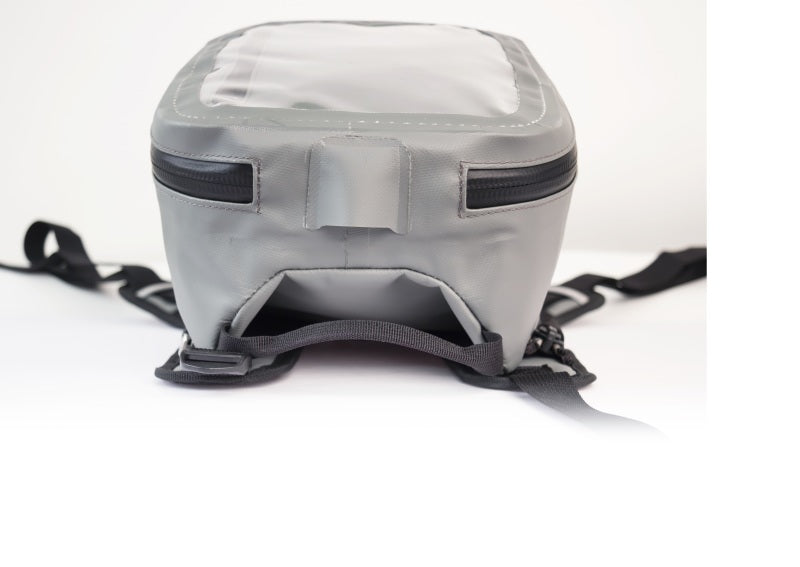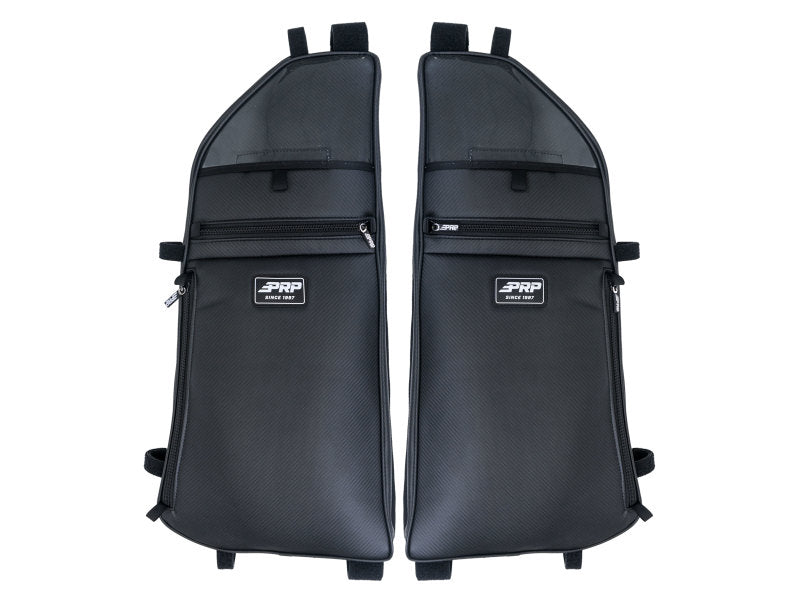Air temperature significantly affects air intake system performance. Hot air, being less dense with lower oxygen levels, decreases engine power and efficiency. Conversely, cold air is denser, contains more oxygen, and enhances engine performance and fuel efficiency. By installing a cold air intake system, you can improve your engine's performance and optimize fuel consumption by ensuring it accesses cooler air. This knowledge is key to boosting your vehicle's performance.
Knowing the impact of air temperature on your air intake system is crucial. Hot air is less dense and contains less oxygen, which can diminish your engine's power and efficiency. In contrast, cold air is denser and oxygen-rich, resulting in better engine performance and fuel efficiency. By installing a cold air intake system, you can ensure that your engine receives colder air, leading to increased power and improved fuel economy. This knowledge can be instrumental in optimizing your vehicle's operation.
Key Takeaways
- Warmer air is less dense, reducing oxygen for fuel combustion, which decreases engine power and efficiency.
- Cold air intakes provide denser air, improving fuel combustion and enhancing engine performance.
- High intake temperatures can lead to increased fuel consumption and power loss.
- Cooler, denser air allows for better fuel efficiency and increased engine power and torque.
- Managing air temperature in the intake system is crucial for optimal engine operation and longevity.
Understanding Air Intake Systems
Air intake systems are very important for a car's engine. They help bring air into the engine so it can work better and give more power. These systems are designed carefully to make sure the engine gets the right amount of air it needs to run well.
Adding special types like cold air intakes can make the engine perform even better by using cooler air, which has more oxygen for the engine to use. Understanding how air intake systems improve the air that goes into the engine is key, but it's also important to know that the temperature of the air can affect how well the system works.
The Role of Air Temperature
Knowing about air intake systems is key, but understanding how air temperature affects their work and your car's performance is also crucial. Here's how temperature and air density connect:
- When the air is warmer, it's less dense. This means there's less oxygen for burning fuel, which is important for your air intake system to work well.
- Warm air making the air less dense can lead to less power and efficiency from your engine. It shows why keeping the intake air cool is necessary.
- Cold air has more oxygen because it's denser. This helps your engine run better by improving the mix of air and fuel.
Managing air temperature in your air intake system is essential. It helps keep the right mix of air and fuel and gets the most out of your engine, making your car perform better.
Effects of High Intake Temperatures
When the air gets hotter, your engine doesn't work as well. Hot air has less oxygen, which your engine needs to run properly. So, if it's warmer, your engine uses more fuel to keep going at the same speed.
Also, to stop damage, your engine might change how it works, which can make it less powerful. It's important to keep the air going into your engine cool to help it run better and last longer.
Air Density and Engine Performance
When air temperature goes up, engines don't work as well because there's less oxygen available for burning fuel. This is because hot air is less dense than cool air. Here's why it's important to know this:
- More oxygen from dense air means the engine burns fuel better, making it run more efficiently.
- Cooler, denser air helps engines make more power and torque.
- With denser air, engines use fuel more effectively, saving fuel and improving mileage.
Identifying Temperature-Related Issues
To keep your engine running well, it's important to watch the temperature of the air going into it. When air gets warmer, it's not as thick, which can make your engine not work as well. This means your car mightn't go as fast or be as powerful, because cool air is better for burning fuel efficiently.
Plus, if the air is too warm, your car won't use fuel as well, because it needs enough oxygen to burn the fuel properly. Keeping the air at the right temperature helps your engine avoid problems and stay in good shape. Knowing how to manage the temperature helps you fix issues and keep your car running smoothly.
Solutions for Lowering Intake Temperatures
Understanding the effect of air temperature on engine performance is important. To improve your vehicle's efficiency, one key method is to reduce intake temperatures. A simple way to do this is by installing a longer tube for the air filter. This can significantly cool down the air going into the engine, which boosts performance and efficiency.
Here are easy steps to achieve this:
- Make the Intake Tube Longer: This can increase performance by 10-20% because it draws in cooler air from outside.
- Keep the Air Filter Clean: A clean and correctly sized air filter helps maintain good airflow and cooler temperatures.
- Use Cold Air Intake Systems: These systems are made to improve engine efficiency by bringing in cooler and denser air for the engine to use.
Focusing on air intake temperature is key for getting the most out of your engine and saving fuel. These methods are great for anyone looking to make their vehicle perform better.
Benefits of Optimal Air Temperature
Keeping the right air temperature for your car's air intake system is very important because it helps your engine work better. When the air is cooler, your engine can use fuel more efficiently and make more power. Installing a cold air intake helps make sure your engine gets the coldest and densest air.
- Cool air means the air has more oxygen for burning fuel.
- This leads to your engine being more powerful.
- It also helps your car run smoothly without any problems.
Installation of Heatshield Products
Installing Heatshield Products helps your vehicle's air intake system work better. These products keep the air going into your engine cooler, which makes your engine perform better. Here's how it works:
- Cooler air going into your engine means the air is denser. This makes your engine run better because it can burn the fuel more efficiently.
- Covering up parts like exhaust manifolds with these products keeps the engine area cooler, which is good for your engine.
- These products help the sensors that check the air temperature work better. This means your engine will run smoothly and consistently.
Maintenance Tips for Air Intake Systems
Keep your air intake system working great by cleaning and checking the intake filter often. This stops dirt from building up and keeps the air flowing well. When it gets hotter, the air going into your engine isn't as dense, which can make your car not work as well. Make sure the intake hoses are the right size and put in the right way to keep air moving freely. Adding insulation helps keep the air cool, so your engine gets the good, dense air it needs.
- Cleaning or checking the intake filter stops dirt from blocking the air and should be done whenever needed.
- Getting a better air filter can make your car run better and should be done every 15,000 miles.
- Putting insulation on the intake tubing helps keep the air cool. It's good to check this every year.
- Keeping an eye on the Intake Air Temperature (IAT) readings helps you catch any problems early. This should be done all the time.
Frequently Asked Questions
What Does Intake Air Temperature Affect?
Intake air temperature helps your engine use fuel better and keeps sensor readings accurate. It makes sure your engine runs smoothly, uses less fuel, and gives the right sensor information. Keeping it in check boosts your car's performance.
How Does Temperature Affect Airflow? When it's hot, air gets bigger and has less oxygen, making it lighter. When it's cold, air gets heavier with more oxygen, which is good for engines to work better.
Does Air Temperature Affect Engine Performance? Yes, the temperature of the air really affects how well engines work. When it's hot, engines don't do as well because there's less oxygen for burning fuel, which can make them not last as long. But when it's cooler, engines work better, use fuel more efficiently, and last longer.
Does Cold Air Intake Improve Performance?
Yes, adding a cold air intake boosts your car's power and fuel efficiency. It requires some skill to install correctly for the best results and to keep the engine safe.





